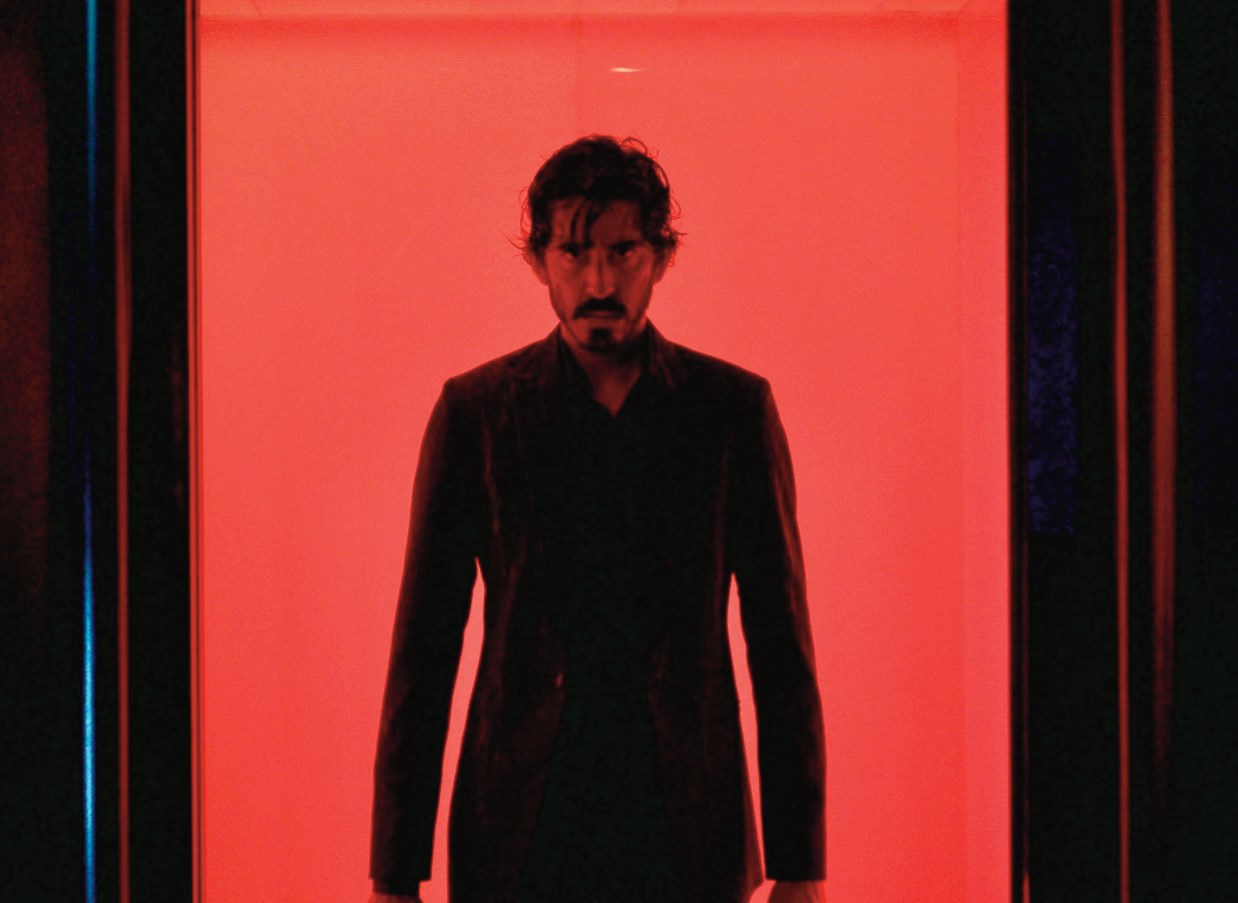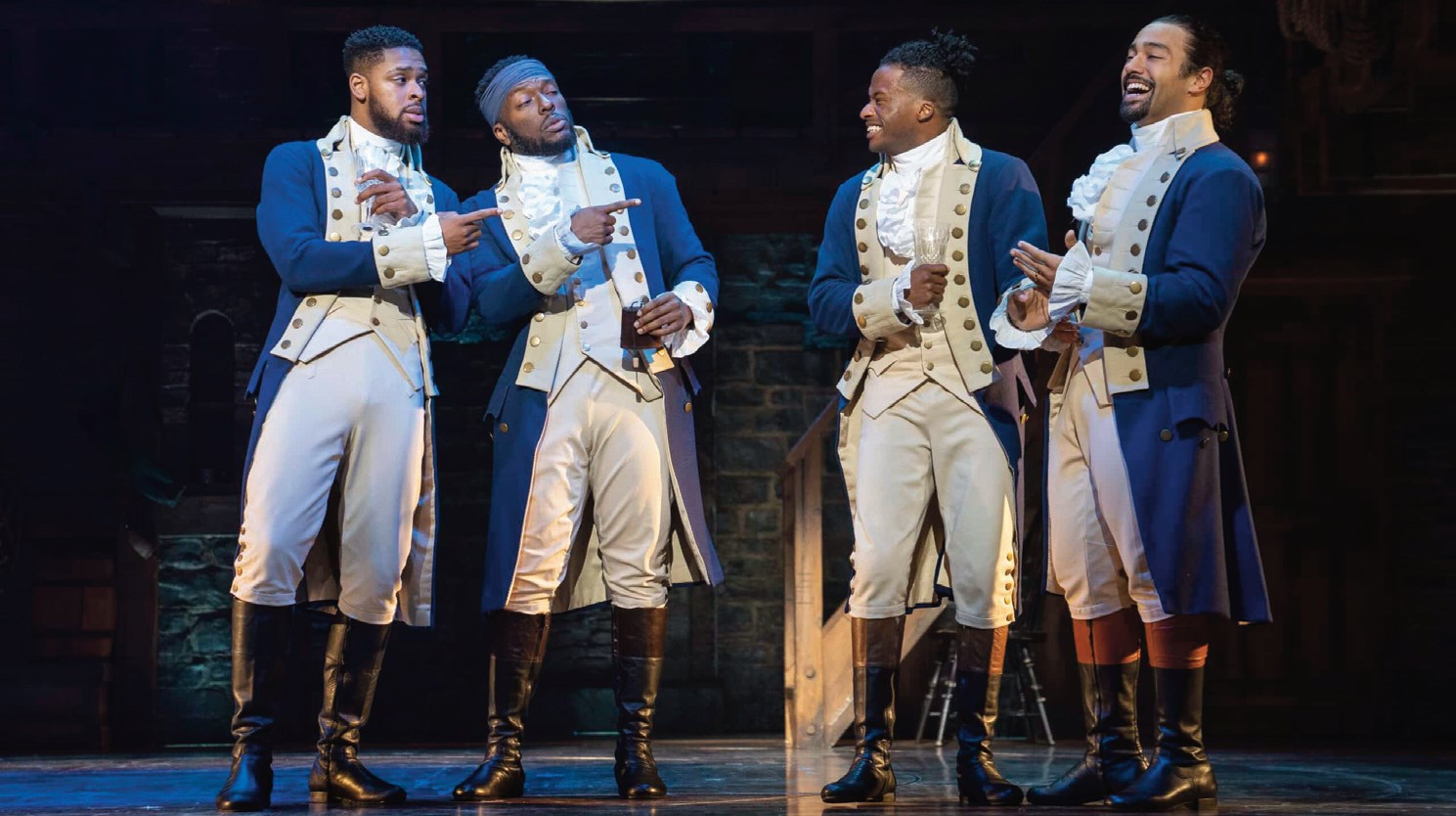 Special to South Florida Times
Special to South Florida Times
Maurice Young minces no words. I’m a thug. I am no entertainer. I made rap music and sold drugs,” Young – perhaps better known as Trick Daddy – says one recent Saturday morning on the way to the grocery store.
For Trick Daddy, a thug is someone who has been through a lot, seen a lot, accepts it and, if he had to do it again, would want life the same way.
The Miami-born rapper starts an interview the same way a book on his life begins: Chapter 1, “Born a thug.” Trick Daddy, who rose to fame with the rise of the Dirty South genre, uses the present tense to underscore why he had to tell his story in his autobiography Trick Daddy, Magic City: Trials of a Native Son which will be out later this month.
It was not too long ago that Young, 37, was as mean as they came on the streets of Liberty City. He had to be. He had to survive. Through the prose of accomplished journalist Peter Bailey, Trick Daddy takes readers on a tour of the grit and guts of the place he called home, where he watched friends die, dealt drugs and found a niche that catapulted him off the streets to stardom.
The book – presented by MTV Publishing/Gallery Books, an arm of Simon and Schuster – hits bookstores and Amazon.com Nov. 16. Trick Daddy and Bailey will be signing books at Barnes & Noble in Pembroke Pines on the evening of the release.
The subject of the book and the writer are different, yet similar. Both were disenfranchised and both, starting very young, felt the sting that death leaves behind. Both cared about the human experience, particularly the black experience, as Bailey put it. But one hit the streets and the other the books.
Bailey, who used to cover metro and community news for The Miami Herald, said an enlightened street told Trick Daddy to choose him to tell his story.
“People saw that I was writing about poverty and the plight of black people in Miami and told Trick about me,” Bailey said.
He met Trick Daddy at a toy drive on Dec. 23, 2007. When he arrived for the meeting, he saw Trick Daddy cooking. If you are not here to cook for the kids, I don’t know why you are out here,” Bailey said Trick Daddy told him. Bailey joined the cooking line.
The book chronicles a life of mayhem, suffering, accession and dissension. It’s moping most of the time but when it’s joyful, like the love Trick Daddy has for his children and his wife Joy, it glistens with warmth. The book illustrates what happens when everyone treats childhood as an afterthought.
“I did everything that you could do to go to prison. I had already been to jail,” Trick Daddy recalls of his youth. “They don’t separate you because you are young. I realize that after 30 days this is going to make me more sharp. This is not good rehabilitation. I violated. I ended up staying until I turned 21, so three years.”
For Trick Daddy, the streets were the only place he knew how to hustle, how to survive. After his stint in juvenile prison, when he returned to the streets, he found things had changed somewhat.
“The first thing I wanted was a sack,” he said, referring to dope, “and money. That’s what was on my mind.” But the game had changed. “Everybody was doing it. Used to be that guys would wait for you and take care of your wife and children. Now everyone was trying to (expletive) your ole lady and make your kids call them daddy.”
Such is the rawness of the story. Bailey amplifies Young’s voice, captures his energy and presents page after page of the soul of the street-thug-turned-rapper-turned-community activist.
Trick Daddy has lupus but he glosses over it in the book, focusing more on his efforts to educate others about the disease. In March 2009, he announced that he was stopping treatment for the autoimmune disease for which there is no cure, only medication that can be hard on the liver.
He has discoid lupus, which affects only the skin. People with this form of the disease will see a circular rash on the face, neck and scalp. In the book, Trick Daddy said his friends thought he had a really serious disease when he started having outbreaks 13 years ago.
“In this world, you are not keeping nothing without giving something,” he said about his decision to stop treatment. “I can live with pain, aches and my skin condition but if my liver or kidney fails me, I can’t live. It’s like saying I am ready to die.”
At the end of the book, Trick Daddy calls on all the rappers to chant lyrics that encourage responsible fatherhood and to engage in philanthropy and he makes a mea culpa.
You would think that for someone like Trick Daddy – who has national fame – his book would be peppered with celebrity names. Instead, it celebrates the unknowns of inner-city Miami. Perhaps that was why it wasn’t an easy sell. In fact, it was really hard. “We had so much rejection – rejection letter after rejection letter,” Bailey said.
Still, writing the book provided Bailey with catharsis. And through the process he gained closeness with a man with whose struggles and pains he came to identify.
“It opened me up to the black experience in America: juvenile incarceration, single parents served on a platter, a painful platter. Some say that Trick and I got too close but I can live with that. If he is putting his life on a platter, I thought I would give that back to him."
In June 2008 MTV Publishing accepted the manuscript. MTV played music by the Dirty South rappers in the late 1990s into the 2000s, pioneered by Luther Campbell. Trick Daddy had left his mark on Southern rap with his album Thugs are Us and through his record label Dunk Ryder Records. His latest album, Finally Famous: Born a Thug Die a Thug, was released in 2009.
Trick Daddy had the street credibility that so many rappers wished they had, said Jacob Hoye, director of VH1 and MTV Publishing, and the man behind rapper 50 Cent’s book. The candor and the behind-the-history look at Miami, the Magic City, as told through Trick Daddy’s eyes, is a compelling read. Hoye calls the story really dark but in an honest, real way so that Trick Daddy is bright even after everything he has been through.
“There is no denying the candidness of the book and the level of intelligence,” Hoye said. “Trick is a great story teller and what Peter was able to do was to flesh out the historical detail that gives it the impact. The other had the personal story and what was going on in Liberty City and the broader Miami at the time.
“People who like hip hop and rap will enjoy this story. Trick is uncensored, unfiltered, but he is not trying to prop himself up here. He just tells who has been here, how it was here, and I don’t know if there is any other way to receive the book but positive.”
Carolyn Guniss may be reached at gunisscarolyn@msn.com.
IF YOU GO
WHAT: Magic City: Trials of a Native Son book release and signing
WHO: Maurice Young, aka Trick Daddy, with Peter Bailey
WHEN: 7 p.m., Tuesday, Nov. 16
WHERE: Barnes & Noble, 11820 Pines Blvd., Pembroke Pines
Also: 7 p.m. Dec. 1, Barnes & Noble, 12405 N Kendall Drive, Kendall











No Comment